Thailand's parliament will convene for the first time since mid-May elections, kicking off the process of forming a government with a coalition of pro-democracy parties seeking to end nearly a decade of military-backed, royalist rule.
New members of Thailand's 500-member House of Representatives will convene for the first time in Parliament at 5 p.m. on July 3 in Bangkok.
King Maha Vajiralongkorn will address the meeting attended by the prime minister and caretaker cabinet, the chief justice of the Supreme Court, heads of independent agencies and lawmakers from the House of Representatives and Senate.
Ahead of the event, security has been tightened in the Thai capital, with forces from three police stations, Thung Song Hong, Chalongkrung and Chorakhe Noy, being mobilized, according to the Metropolitan Police Department.
After the opening session, the Thai National Assembly will elect the Speaker and two deputies on July 4. Move Forward Party leader Pita Limjaroenrat said on July 2 that his party will reach an agreement on the House leadership with the Pheu Thai Party before the vote to elect the Speaker.
The Pheu Thai Party, which has deep ties to former Prime Minister Thaksin Shinawatra, has openly expressed its desire to win the position for one of its own.
After being elected, the Speaker of the House of Representatives will set a date for the election of the Prime Minister, expected to be July 13. The appointment of a new Prime Minister is expected to end the deadlock in forming a Thai government that has unsettled markets and caused foreign funds to dump stocks and bonds since the Southeast Asian nation's general election on May 14.
The vote for prime minister in the 500-seat, democratically controlled House of Representatives and the 250-seat, military-appointed Senate will be a test for Mr Pita, a Harvard graduate.
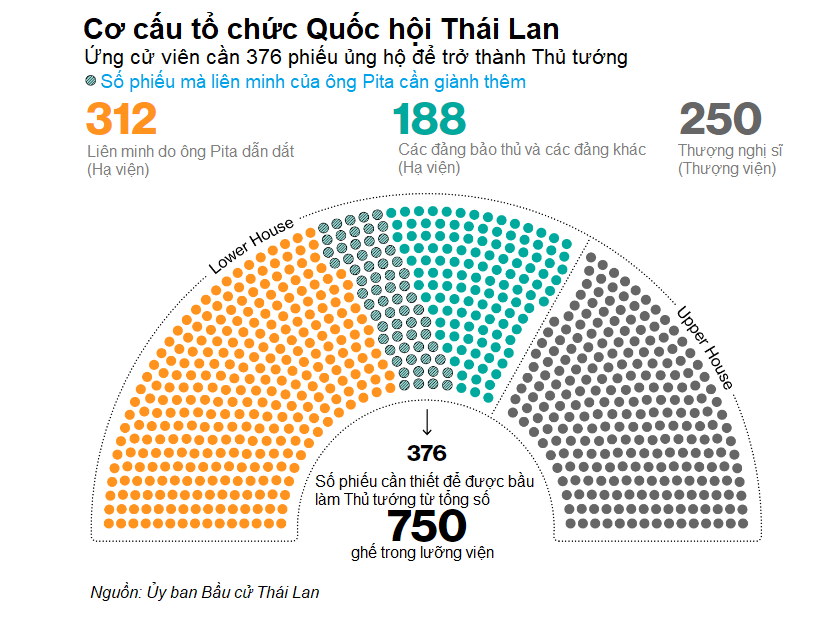
Although Mr. Pita's coalition received the support of about 312 lawmakers, it was still not enough, because to be elected as Thailand's next Prime Minister, the young politician needed 376 votes of support from both the House of Representatives and the Senate.
While Mr Pita and his Move Forward Party say they are confident of winning enough votes to elect Prime Minister, it remains to be seen how far support will go in the Senate, with most senators opposing Mr Pita over Move Forward’s election pledge to amend the lèse-majesté law, or Article 112 of the Thai Penal Code, which punishes critics of the king and other members of the royal family with up to 15 years in prison.
Mr Pita, 42, is also facing an investigation by the election authority – which could lead to him being disqualified from serving as Thailand's prime minister.
Thailand’s benchmark stock index has been the worst performer in Asia this year, with foreign investors offloading a net $3.1 billion since the end of 2022, the most among Asian emerging markets. The baht has been the second-worst performing currency in Southeast Asia since the May election.
Most businesses have temporarily frozen new investment decisions until there is clearer guidance from the new government and as exports remain weak, Kriengkrai Thiennukul, president of the Federation of Thai Industries, said last month .
Minh Duc (According to Bloomberg, Bangkok Post)
Source



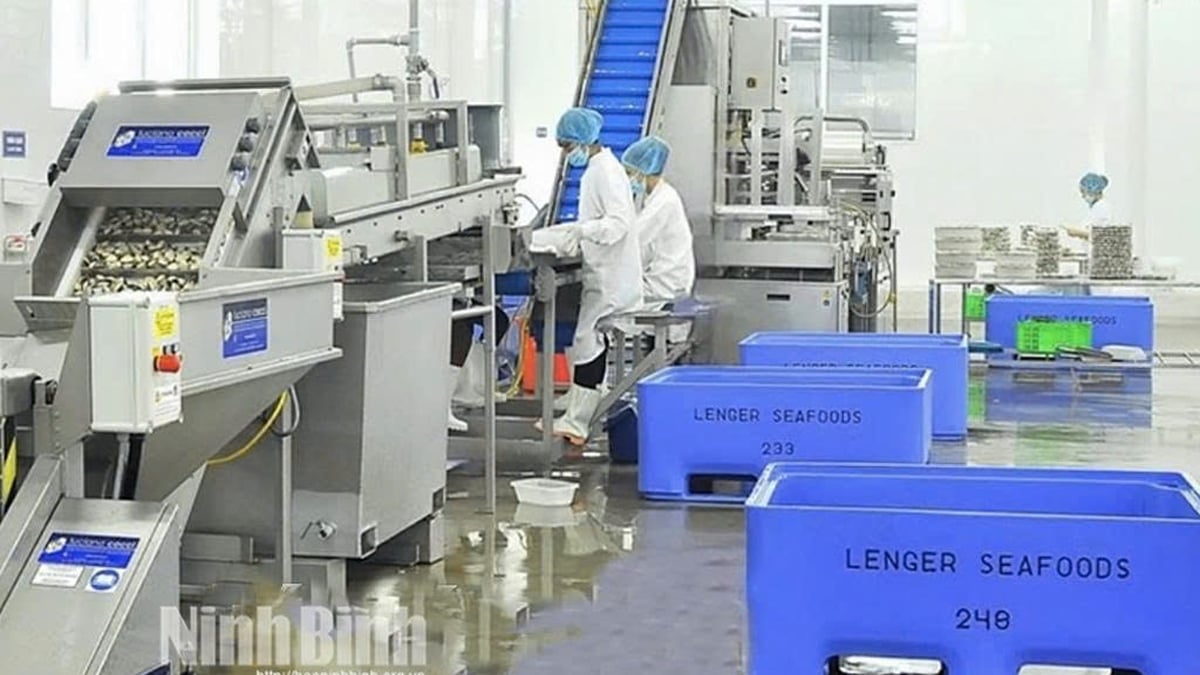
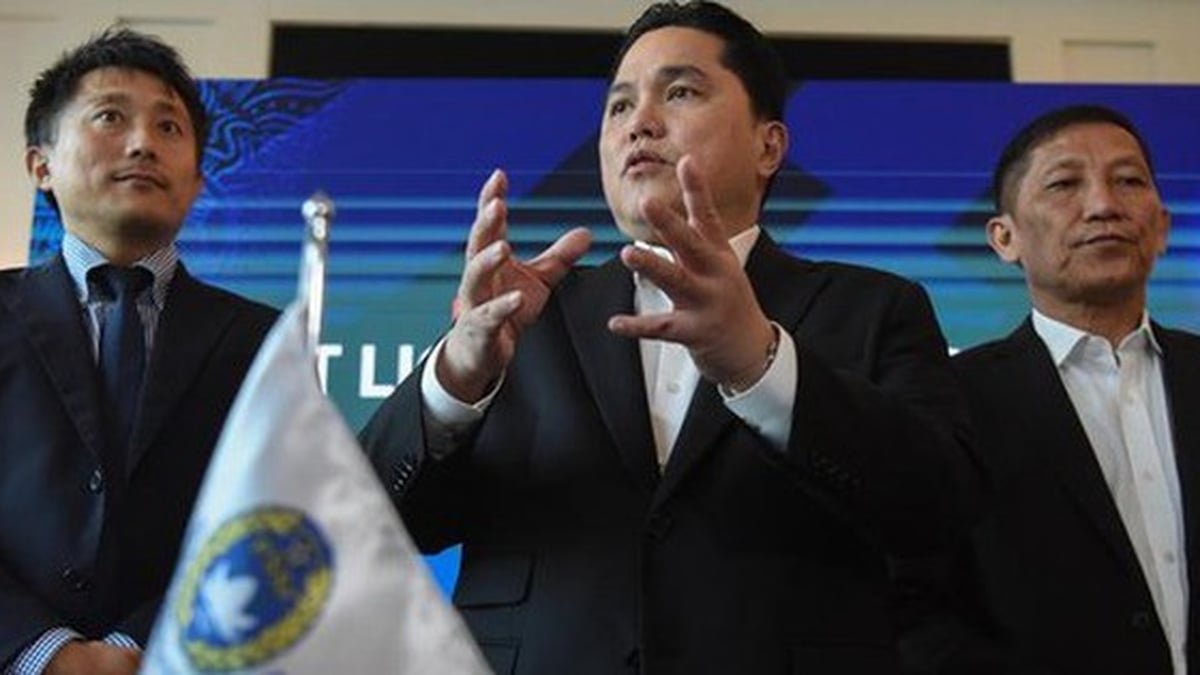





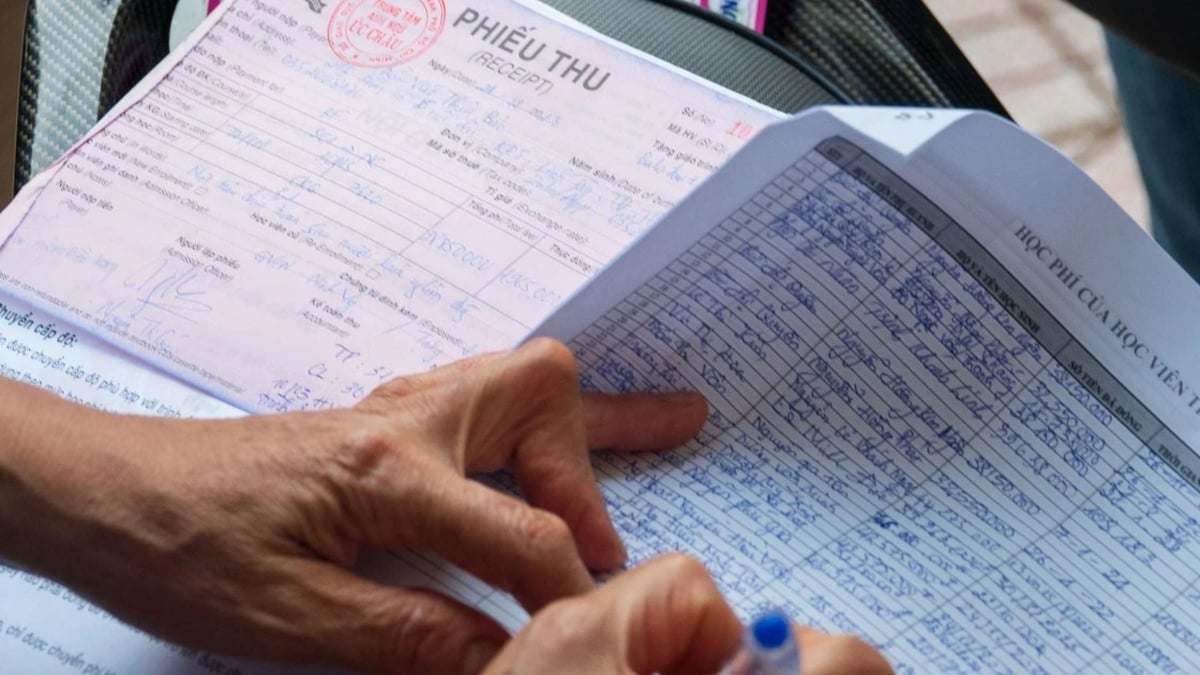











































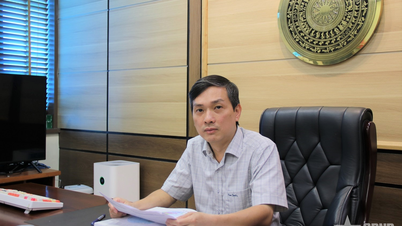











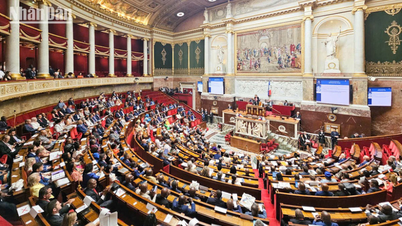




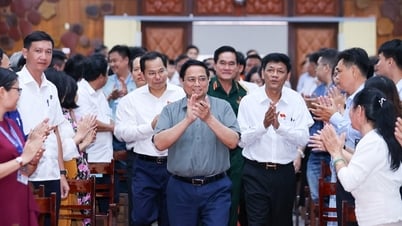
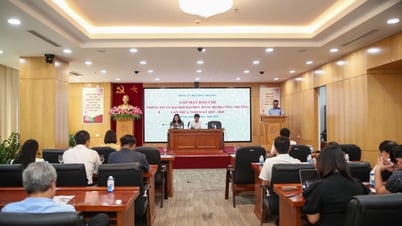


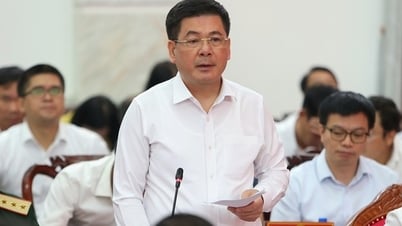

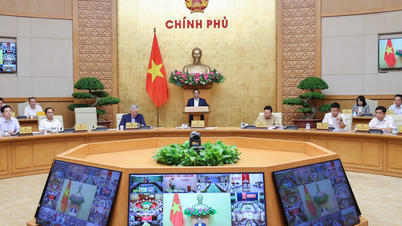

























Comment (0)